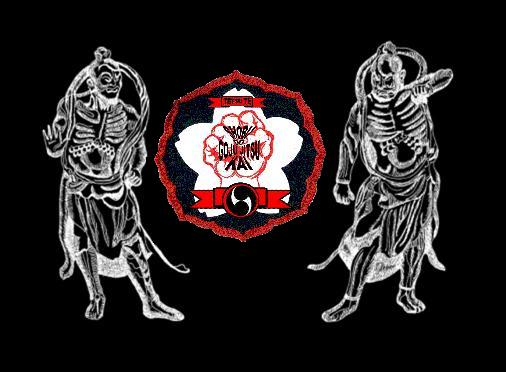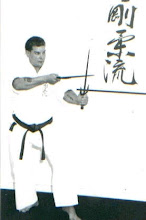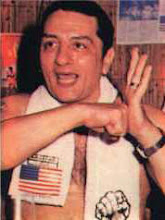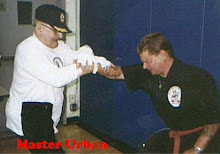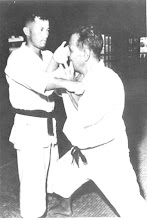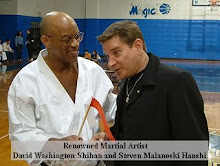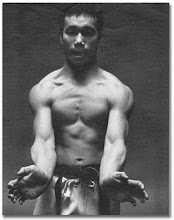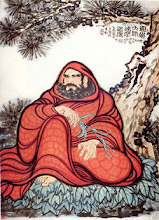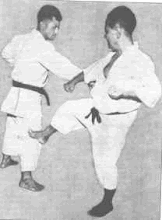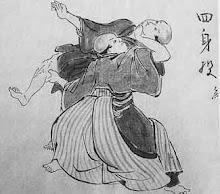The story went something like this:
 A man, accompanied by a trained monkey, would play music in the streets in order to make a living. The monkey would hold out a cup in order to collect money, as the man would feebly play a well known tune. Unfortunately, people would just walk by, laughing and shaking their heads, instead of contributing any donations into the monkey’s cup.
A man, accompanied by a trained monkey, would play music in the streets in order to make a living. The monkey would hold out a cup in order to collect money, as the man would feebly play a well known tune. Unfortunately, people would just walk by, laughing and shaking their heads, instead of contributing any donations into the monkey’s cup.One day, the famous Maestro so and so, dressed in his customary top hat and tails, who was the composer of the song the man played, happened by. The Maestro stopped and told the man that he was playing the song incorrectly. He explained to the man that if he were to slow down the tempo a bit, and adjust certain notes, he would be much closer to playing the opus as it was meant to be played.
 The next day, the man and his monkey returned to the street, both dressed out in top hat and tails. He began once again to play the music, but this time heeding the Maestro’s musical advice. There was also a sign in front of them that said “Student of The Great Maestro So and So.” From then on, instead of mocking the man as they walked past, the people would drop coins into the monkey’s cup and actually pay them both some more respectful attention.
The next day, the man and his monkey returned to the street, both dressed out in top hat and tails. He began once again to play the music, but this time heeding the Maestro’s musical advice. There was also a sign in front of them that said “Student of The Great Maestro So and So.” From then on, instead of mocking the man as they walked past, the people would drop coins into the monkey’s cup and actually pay them both some more respectful attention.

Here is an extrapolation / sophistication of my own, based on the previous premise.
The Conductor
As we view the dynamics of kata / knowledge perpetuation, we must recognize the rolls that the various Maestros play.

Where the composer establishes the original opus, which must be mastered intact as was meant to be, the Conductor will either act as a compass pointing to Magnetic North / True North, hence pointing in the original direction of the composers intent, or extrapolate and or sophisticate the opus with his own learned or supposed learned Nuance = his Satori.
The nuance of the conductor is reflected in the motion plus emotion that he leads his orchestra through.
This can either be a positive thing………………..
Or a negative thing………………..
THE END?
